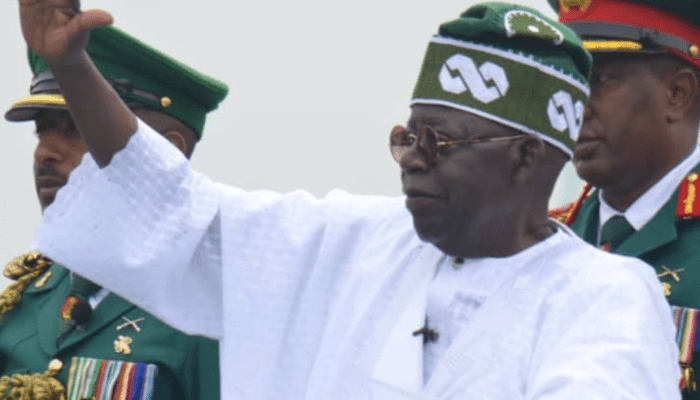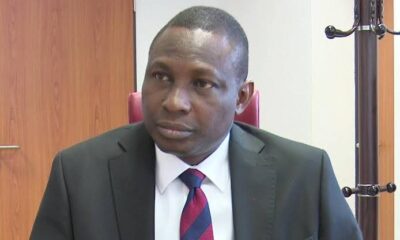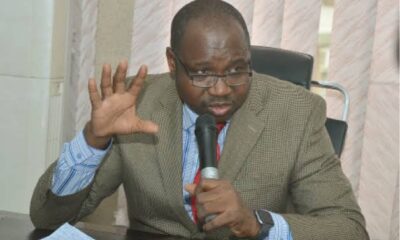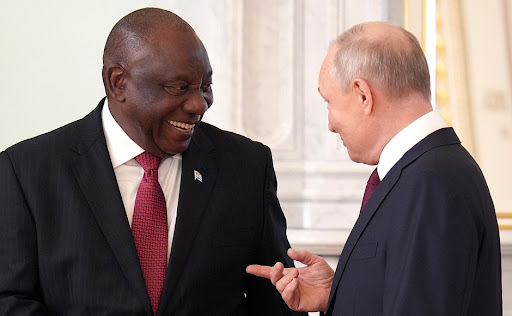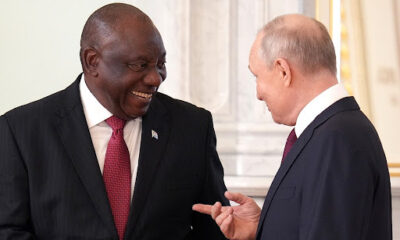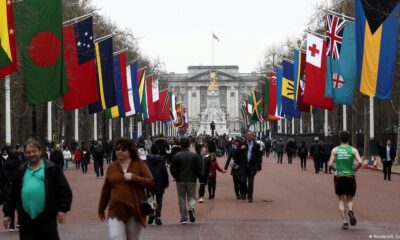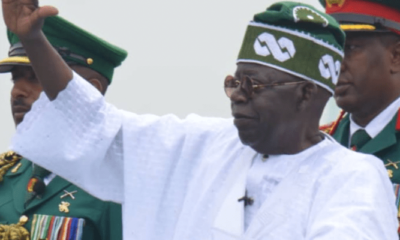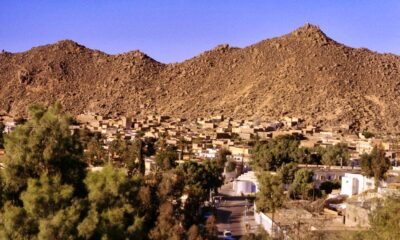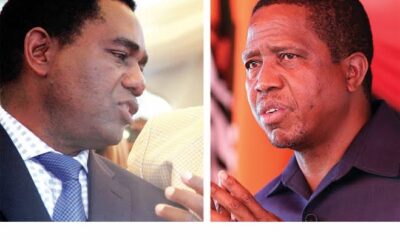Despite mounting difficulties that have stoked popular unrest, Nigeria’s President Bola Tinubu declared on Wednesday that economic reforms would go forward and pledged to quickly submit an executive bill to parliament establishing a new minimum wage.
After devaluing the currency and eliminating a long-standing gasoline subsidy, Tinubu, who took office a year ago, sent inflation skyrocketing to 33.69% in April—the highest level in over three decades—while also reducing earnings.
Tinubu acknowledged the difficulties brought about by the reforms—which also include higher lending rates and the partial elimination of electricity subsidies—during a televised broadcast on Democracy Day, but he insisted that these measures would strengthen the groundwork for future prosperity.
“Our economy has been in desperate need of reform for decades. It has been unbalanced because it was built on the flawed foundation of over-reliance on revenues from the exploitation of oil,” Tinubu said.
“As we continue to reform the economy, I shall always listen to the people and will never turn my back on you.”
Nigeria is experiencing its worst cost of living crisis in decades, and labour unions called off a walkout last week to put pressure on the government to set a new minimum wage of Naira a month.
In response to labour demands of 250,000 naira per month, the government has proposed to double the minimum salary to 62,000 nairas ($41.89) per month. Tinubu claimed his government had negotiated in good faith. In 2019, a new minimum wage was established.
“We shall soon send an executive bill to the National Assembly to enshrine what has been agreed upon as part of our law for the next five years or less,” Tinubu said.
He did not say whether the bill would contain the government minimum wage proposal or a new figure.
Before making any decisions, labour union officials have stated that they would like to hear back from Tinubu.

